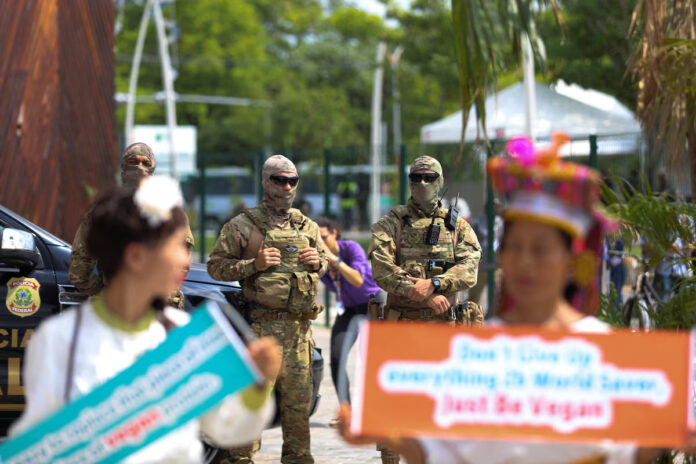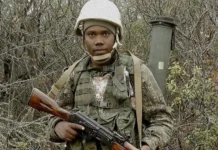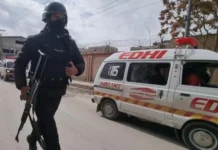
Indigenous protesters who stormed the gates of the COP30 climate summit in Brazil on Tuesday defended their actions on Wednesday, saying the confrontation was a desperate attempt to make world leaders and the United Nations hear their pleas for stronger protection of the Amazon rainforest.
“It was an attempt to get the attention of the government and the U.N. that are in this space,” said Auricelia, a member of the Arapiun community from Brazil’s Amazon state of Pará, where the summit is being hosted in the city of Belem. “We are fighting for the forest, for our lives.”
The protest, which led to clashes with security guards outside the venue, underscored the growing frustration among Indigenous groups who say continued industrial expansion and deforestation threaten their lands and the planet’s climate balance.
“They aren’t concerned about our struggle,” said Margareth of the Maytapu community. “We’re not against the government, we need it to stand with us, honestly and fairly.”
Inside the COP compound, a repurposed airport in Belem, negotiations continued for a third day on key agenda items, including climate finance, seen as crucial for helping developing countries transition to clean energy and adapt to worsening climate impacts.
A new COP-commissioned report released Wednesday by independent academics said achieving last year’s COP29 target to scale annual climate funding to $1.3 trillion by 2035 was “entirely feasible” with stronger national policies, regulatory reforms, and more active roles for development banks.
“Failure to achieve these goals would put the world in a dangerous place,” the report warned.
Former U.S. Vice President Al Gore, addressing delegates in his trademark presentation, listed recent disasters worsened by climate change and criticized global inaction.
“How long are we going to stand by and keep turning the thermostat up so that these kinds of events get even worse?” he asked.
Gore’s remarks came as many delegates lamented the United States’ absence from COP30, despite being the world’s largest historical emitter of greenhouse gases.
Several countries, including Brazil, Canada, France, and Germany, launched an initiative to counter climate misinformation and promote evidence-based reporting, following Washington’s dismantling of its federal climate assessment program earlier this year.
Earlier Wednesday, two Brazilian navy vessels escorted a protest flotilla of Indigenous leaders and activists across Belem’s Guajara Bay, with banners reading “Save the Amazon” and calls for land rights. Hundreds gathered along the waterfront, including summit delegates, to watch the demonstration.
“We are bringing climate leaders to the heart of the forest to see what’s really at stake,” said Carolina Pasquali, executive director of Greenpeace Brazil. “This is where the global climate fight must be won.”
Scientists have warned that without urgent action, the Amazon rainforest could begin to collapse and shift into a savanna-like ecosystem as global temperatures surpass 1.5°C, a threshold projected to be breached by 2030.
As world leaders debate how to finance and implement climate commitments, Indigenous communities in the Amazon, long seen as the region’s frontline defenders, say they are running out of time.
“We live here,” Auricelia said. “The forest’s survival is our survival. And if we are not heard here, then where else?”
Source: Reuters
Written By Rodney Mbua


















